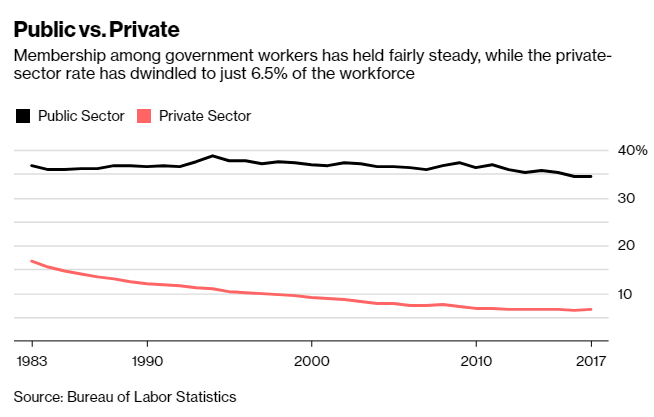Out Sourcing Drive-By Property Valuations--to India!
During the housing boom, Wall Street needed a way to transfer mortgages into collateralized debt obligations (CDOs)without doing all of that cumbersome paperwork. Thus, MERS was born. Mortgage Electronic Registration System, Inc. (MERS) was created by the mortgage banking industry, to maintain a database tracking mortgages for its members as they are transferred from bank to bank. By tracking loan transfers electronically, MERS eliminates the long-standing practice of the lender recording an assignment with the county recorder every time the loan is sold from one bank to another.
This all worked great, until people quit paying on their mortgages and lenders ran into certain judges who didn’t recognize these electronic transfers, creating roadblocks to foreclosure. Michael Powell and Gretchen Morgenson of The New York Times reported in 2011 about,
an obscure business, the MERS Corporation, claims to hold title to roughly half of all the home mortgages in the nation — an astonishing 60 million loans.
How can MERS claim title to those mortgages, and foreclose on homeowners, when it has not invested a dollar in a single loan?
And, more fundamentally: Given the evidence that many banks have cut corners and made colossal foreclosure mistakes, does anyone know who owns what or owes what to whom anymore?
I was reminded of all this when I happened on this piece in today’s Wall Street Journal, “What’s a House Worth? Wall Street Turns to Drive-By ‘Appraisals’”. It seems when the Blackstones of the world were, and are, buying up houses in bulk, they needed a way to value the homes that is inexpensive and less cumbersome than hiring an army of appraisers to fill out the standard Fannie Mae appraisal forms.
So, the cheapest way to do this is hire someone in India, to “drive by” a property from their desk in Bangalore using Google Earth. These are called broker’s price opinions (BPOs) and can’t be used for individual transactions, but if you’re buying bulk, it’s oakie, doakie.
Ryan Dezember and Peter Rudegeair write,
BPOs have been used to value collateral in the more than $20 billion of bonds sold by institutional landlords, such as Blackstone’s Invitation Homes Inc., and in the fast-growing business of lending to individual house flippers. Banks request them when considering whether to foreclose or negotiate repayment plans with delinquent homeowners.
“BPOs are a creature of financial institutions that want deals to close fast, and so they don’t have to use an appraiser,” said Donald Epley, a retired University of South Alabama professor who helped write national appraisal standards after the 1980s savings-and-loan collapse. “You’re just dumbing down the standards to make the loan.”
BPO prices have fallen from $50 to $25, with one Indian company, AbVin Ventures LLP, offered to do the work for $10 a house. However, some say the quality has fallen with the price. It’s thought these values will even out and provide adequate collateral support for a large portfolio of loans.
After all, obtaining appraisals on every property is just too expensive and time-consuming. “BPOs have really taken hold as a way for lenders and investors to do evaluations en masse,” said Dennis Cisterna, chief executive of Investability Solutions, which provides services to rental-home companies. “Using appraisals on every property usually isn’t financially or operationally feasible.”
The BPOs are good enough for government work. Fannie Mae last year guaranteed about $1 billion of Invitation Homes debt, accepting BPOs for the 7,204 houses serving as collateral. Dezember and Rudegeair write,
AbVin co-founder Abhishek Shimoga Onkaraswamy said his staff of 50 in Bangalore churns out as many as 300 BPOs a day using the clearinghouses of sales and listings data compiled by Realtors, who he said provide AbVin with login information, as well as websites like Zillow.
“There’s not a big difference between what a broker can do and what we can do,” he said. “We know what these companies are expecting from the brokers.”
Powell and Morgenson wrote back in 2011, “MERS was mostly about speed — and profits. This high-speed system made securitization easier and cheaper. But critics say the MERS system made it far more difficult for homeowners to contest foreclosures, as ownership was harder to ascertain.”
MERS and BPOs both work fine, until borrowers quit paying.






